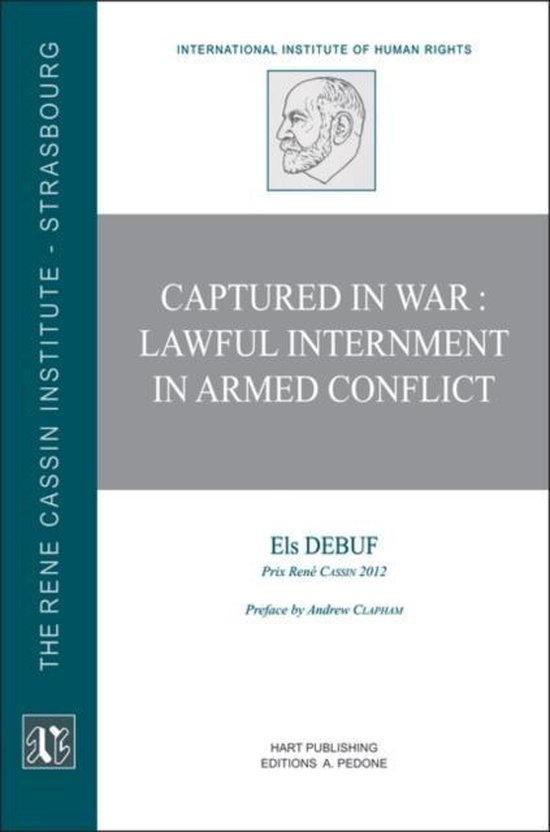


Starting from the premise that internment in armed conflict cannot be lawful under one branch of international law while at the same time unlawful under another, the book offers a fresh view of the interaction between the simultaneously applicable norms of international humanitarian and human rights law. It offers answers to fundamental questions such as who may be lawfully interned in armed conflict, on what legal basis, for what reasons and for how long. In light of such criticism, this book examines the continued relevance and adequacy of the existing legal framework, identifies its shortcomings and proposes possible avenues to remedy them. In the context of internment operations in Afghanistan, Iraq, Guantanamo Bay and the Democratic Republic of the Congo, and of increasing international military intervention in internal conflicts more generally, the legal framework for internment has been widely criticised for being at best ambiguous and full of loopholes, at worst out-dated and inadequate. Asecurity measure designed to neutralize threats from an enemy party, internment is common in warfare.


 0 kommentar(er)
0 kommentar(er)
